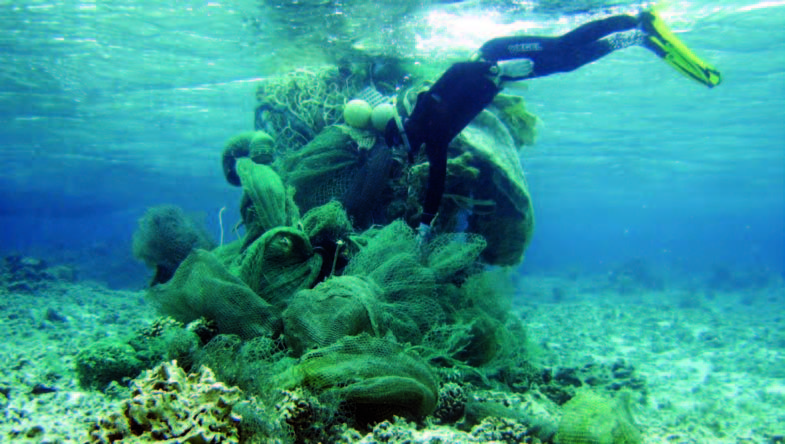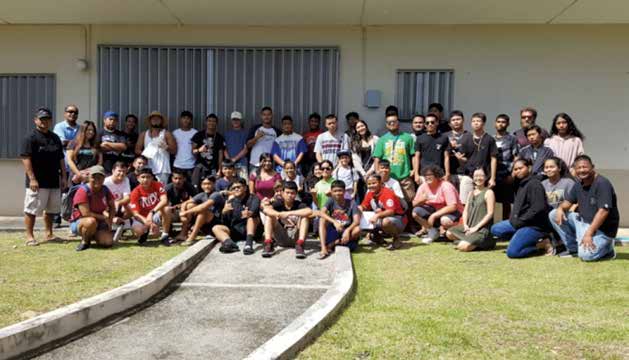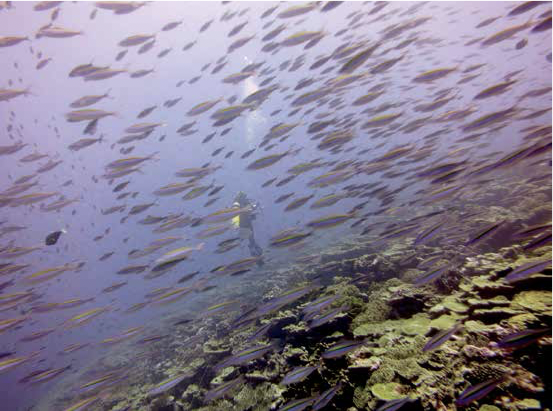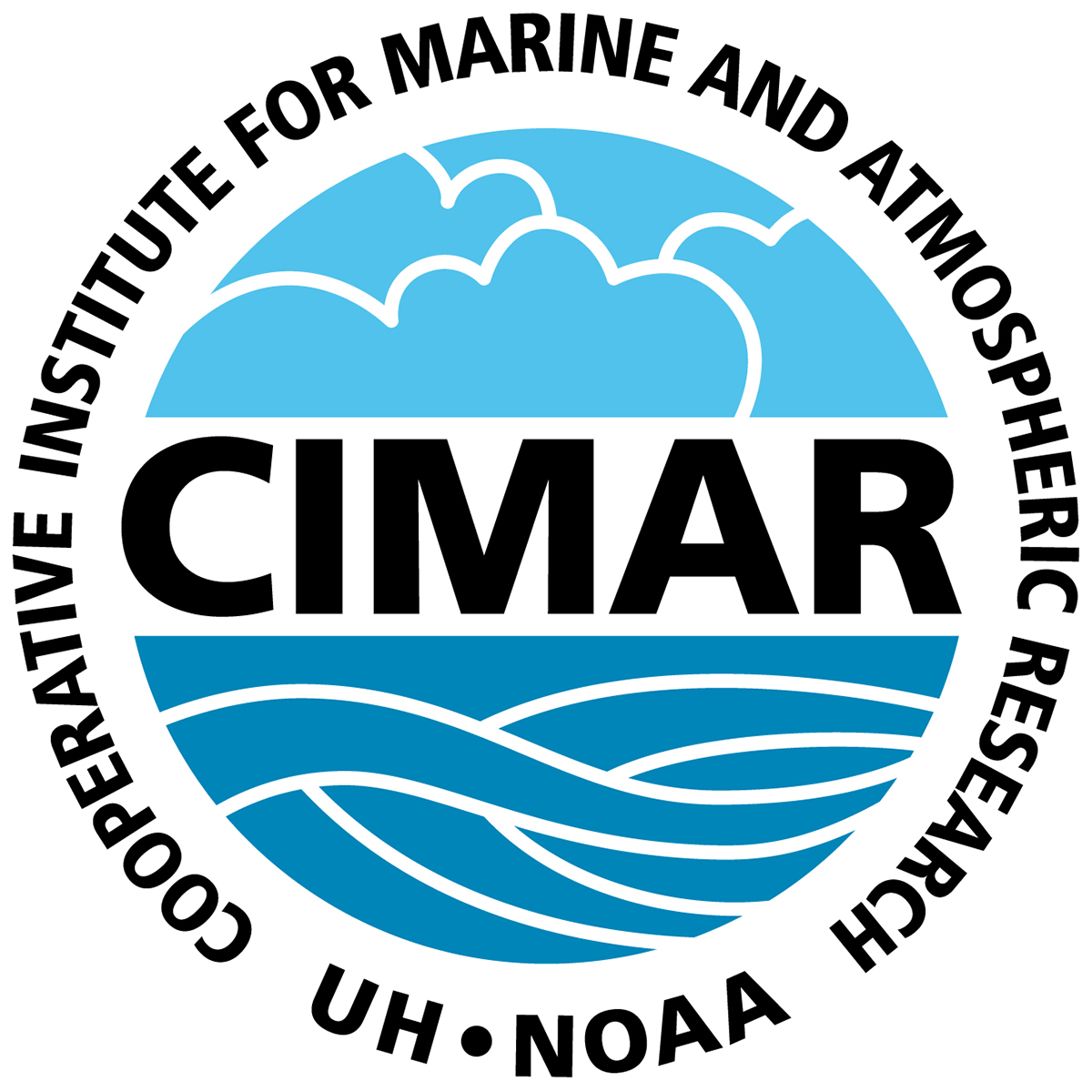Ecosystem-Based Management
This theme‘s research focuses on enabling an ecosystem approach to management in the Pacific Islands region, and on science support for the delivery of ecosystem services. Research will enhance scientific understanding of marine ecosystem components and processes and the connections between them, aquaculture and ecosystem users and the services they receive, effects of land-management practices and terrestrial inputs to ecosystems, and effects of climate change.
Marine Debris Mitigation Project
The CIMAR Marine Debris Mitigation project is a research and management endeavor, which focuses on derelict fishing gear removal within the U.S. Pacific Islands. The overall project objective is to reduce the impact of derelict fishing gear and other sources of marine debris on the health and vitality of coral reefs and critical shoreline habitats. Many of the islands and shallow water environments in the U.S. Pacific Islands are important habitats for rare species such as the threatened Green turtle and the endangered Hawaiian monk seal. This project supports episodic large-scale marine debris removal missions which require coordinated efforts from the CIMAR staff in the NOAA PIFSC Ecosystem Sciences Division, along with support from numerous partner agencies. Outcomes of the project will include improving the quality of shallow coral reef systems and shorelines–critical habitat for numerous marine and avian species—-through the removal and proper disposal of derelict fishing gear from these environments.Read more in the Annual Reports.


Socioeconomics of Western Pacific Fisheries
The purpose of this CIMAR project is to support effective fishery and associated ecosystem management by conducting socioeconomic research in the U.S. Pacific Islands Region, which includes Hawai‘i, American Samoa, Guam, and the Commonwealth of the Northern Mariana Islands (CNMI). Collecting and analyzing key fisheries-related economic and sociocultural data, and monitoring vital socioeconomic indicators allows managers to make better informed decisions about regulations that govern fisheries and ecosystems under a changing climate.Read more in the Annual Reports.
Stock Assessment Research Program
The CIMAR Stock Assessment Program (SAP) project supports continuing stock assessment research on pelagic (e.g., billfishes, sharks, etc.) and coastal management unit species. The objective of this project is to provide required support to assess the status of pelagic and coastal stocks and the impact of harvesting on these stocks. Of particular interest is the coordinated effort on bottomfish habitat characterization and integration of these data into stock assessments. Databases, software tools, and modeling approaches are also in development to facilitate analyses — including software tools to automate the estimation of hundreds of bycatch species from the Western Pacific longline fisheries, including over 20 protected species. The goal is to turn existing estimation code into user-friendly tools that a less technical person can use. Implementation of such a tool will improve the ability for PIFSC to meet all bycatch estimation deadlines and result in more time to focus on unique, management-driven protected species questions that arise. The interdisciplinary nature of this project is a step toward building more effective marine resource stewardship, and collaborations between CIMAR, PIFSC, PIRO and resource management agencies.Read more in the Annual Reports.

